How Does Anaerobic Digestion Improve Sustainable Farming?
Sustainable farming practices are crucial for maintaining the health of our planet and ensuring food security for future generations. Anaerobic digestion, an often overlooked hero in the agricultural sector, plays a pivotal role in advancing these practices. This blog post explores how anaerobic digestion significantly enhances sustainable farming, detailing its processes, benefits, and integration into modern agricultural practices.
The Science Behind Anaerobic Digestion
The anaerobic digestion process involves several stages, converting organic waste into biogas, a renewable energy source, and digestate, a nutrient-rich fertiliser. This process is a cornerstone in sustainable farming, transforming waste into valuable resources.
Enhancing Sustainable Farming with Anaerobic Digestion
Anaerobic digestion stands at the intersection of waste management and renewable energy, offering a suite of benefits that significantly contribute to sustainable farming practices.
Waste Reduction and Resource Efficiency
Anaerobic digestion minimises agricultural waste by converting it into biogas and digestate. This not only reduces the environmental impact of waste but also turns it into resources, promoting a circular economy in farming operations.
Renewable Energy Production
The biogas produced through anaerobic digestion can be used to generate electricity, heat, and even fuel, offering farmers a renewable source of energy. This reduces reliance on fossil fuels and lowers the carbon footprint of farming activities.
Anaerobic Digestion in Action: Case Studies from the UK
The UK, with its commitment to reducing carbon emissions and promoting renewable energy, has seen a significant rise in the adoption of anaerobic digestion technology in the agricultural sector.
Anaerobic Digestion Plants in the UK
Numerous anaerobic digestion plants across the UK treat organic waste from farms, turning it into renewable energy and fertilisers. These plants not only contribute to the UK's renewable energy targets but also support the sustainability goals of the farming industry.
Policy Support and Future Outlook
The UK government's support for anaerobic digestion through various incentives and policies underscores the technology's importance in the nation's sustainable farming agenda. Ongoing advancements in anaerobic digestion technology are set to further its impact on sustainable farming practices.
The Road Ahead: Anaerobic Digestion and Sustainable Farming
The future of anaerobic digestion in sustainable farming looks promising. With continuous technological advancements, policy support, and growing awareness about sustainability, anaerobic digestion is poised to become a staple in sustainable farming practices.
Conclusion
Anaerobic digestion is more than just a waste management or energy production process; it's a catalyst for sustainable farming. By embracing and optimising anaerobic digestion, farmers can significantly enhance the sustainability of their practices, contributing to a healthier planet and a more secure food supply for future generations.
